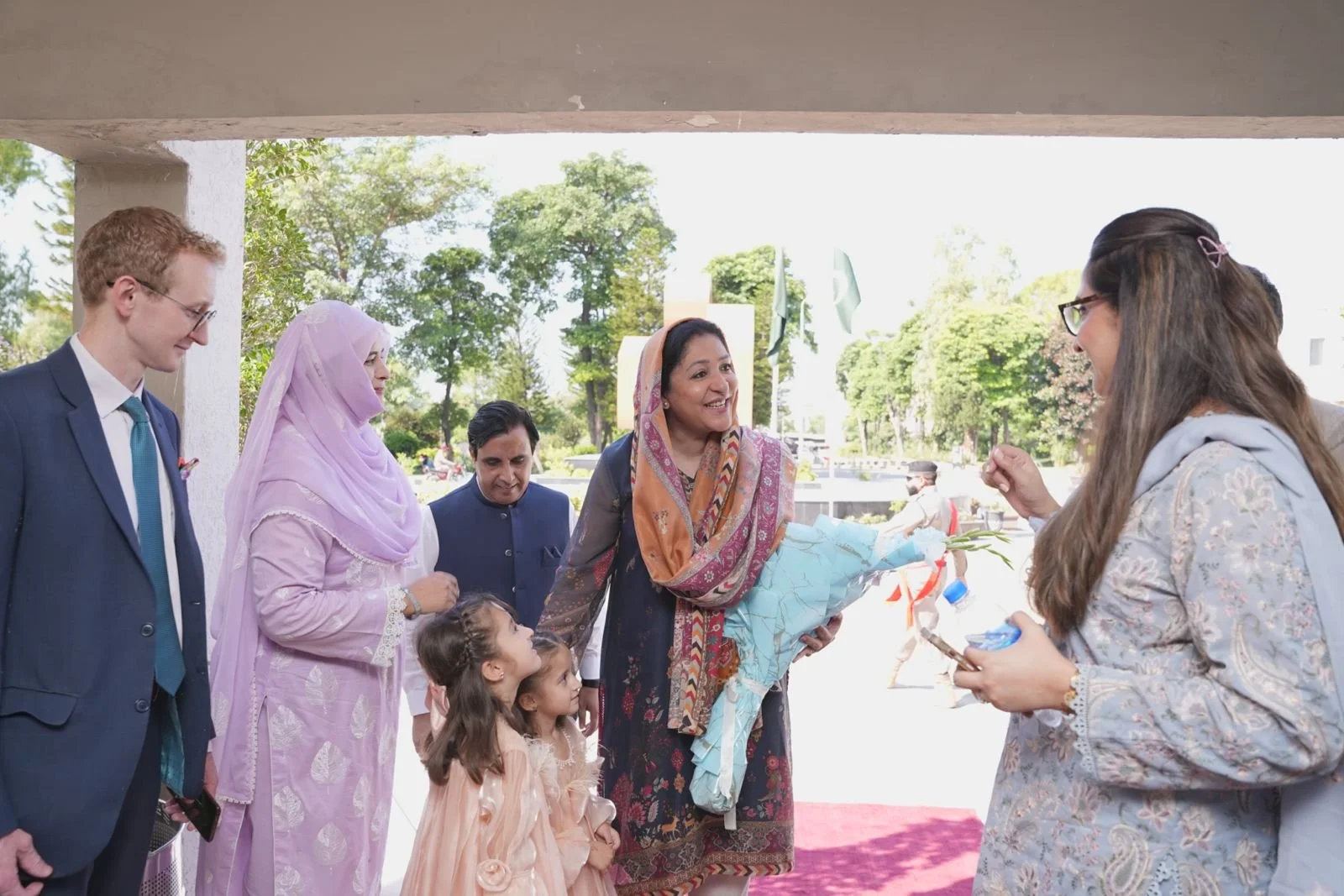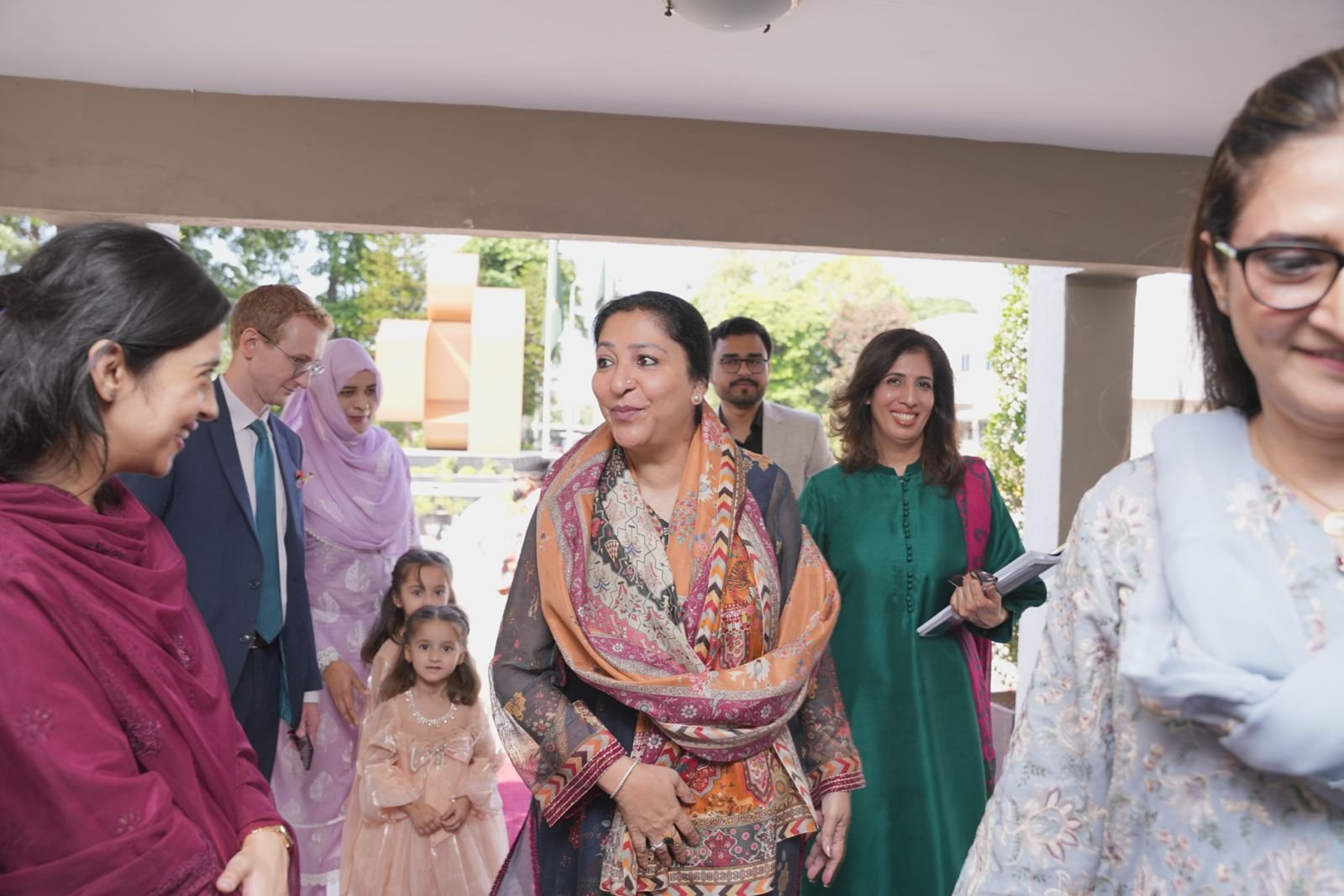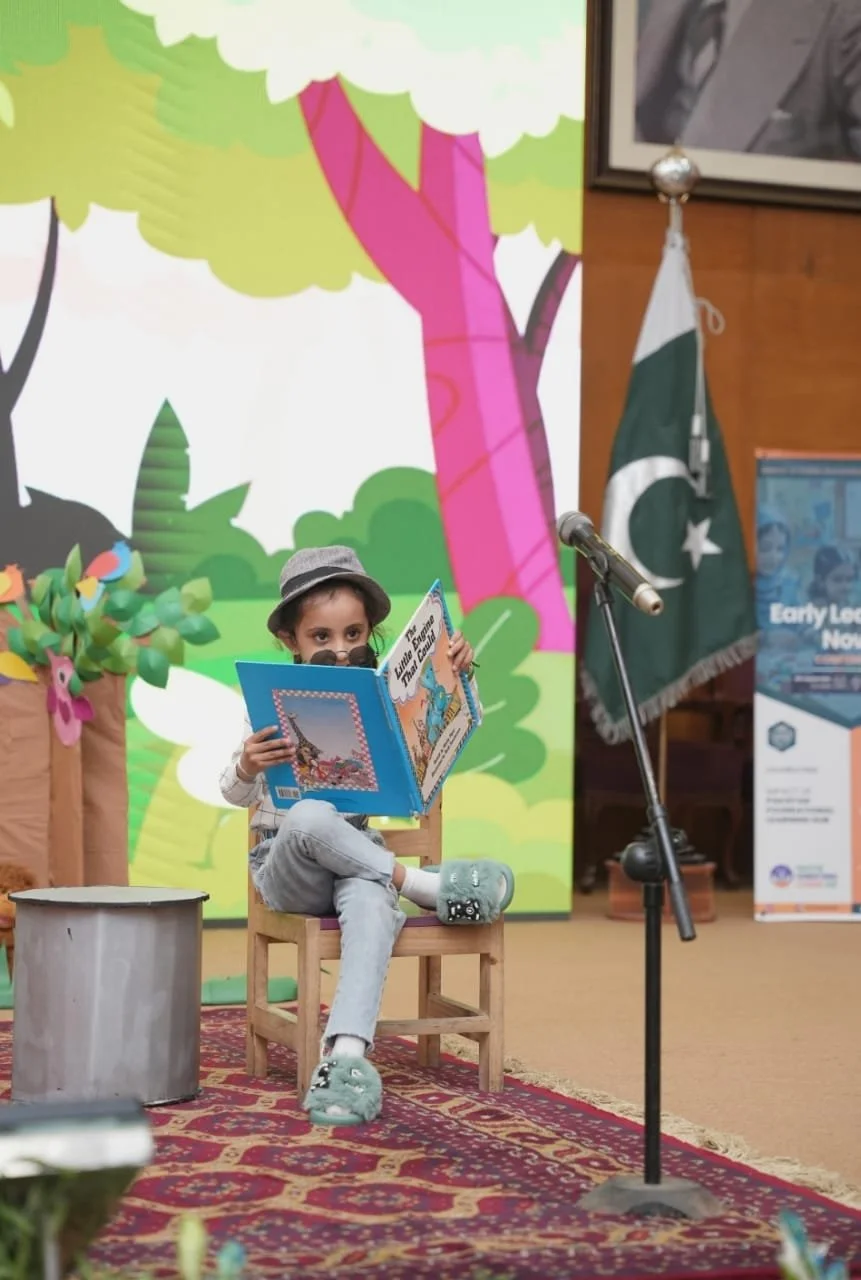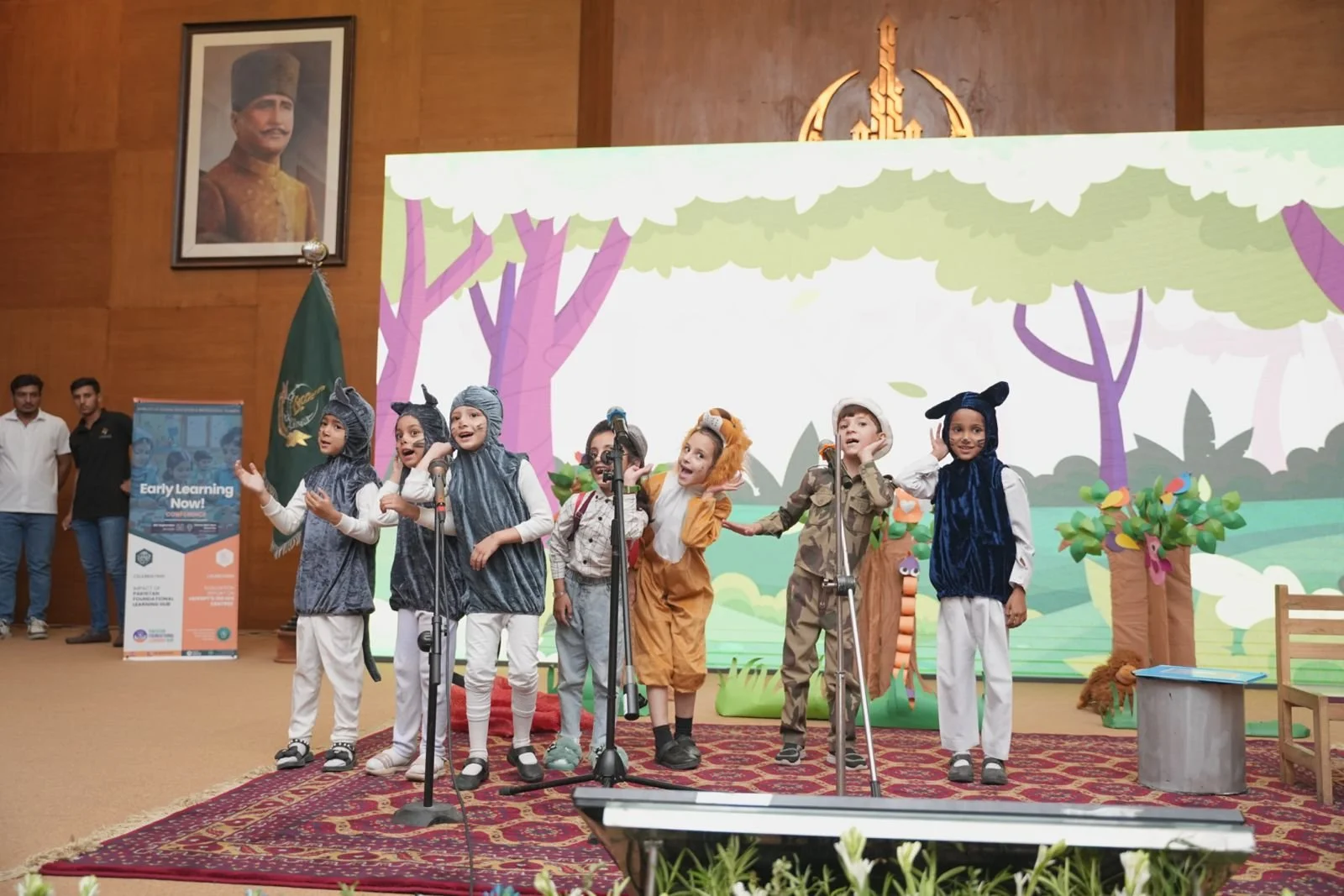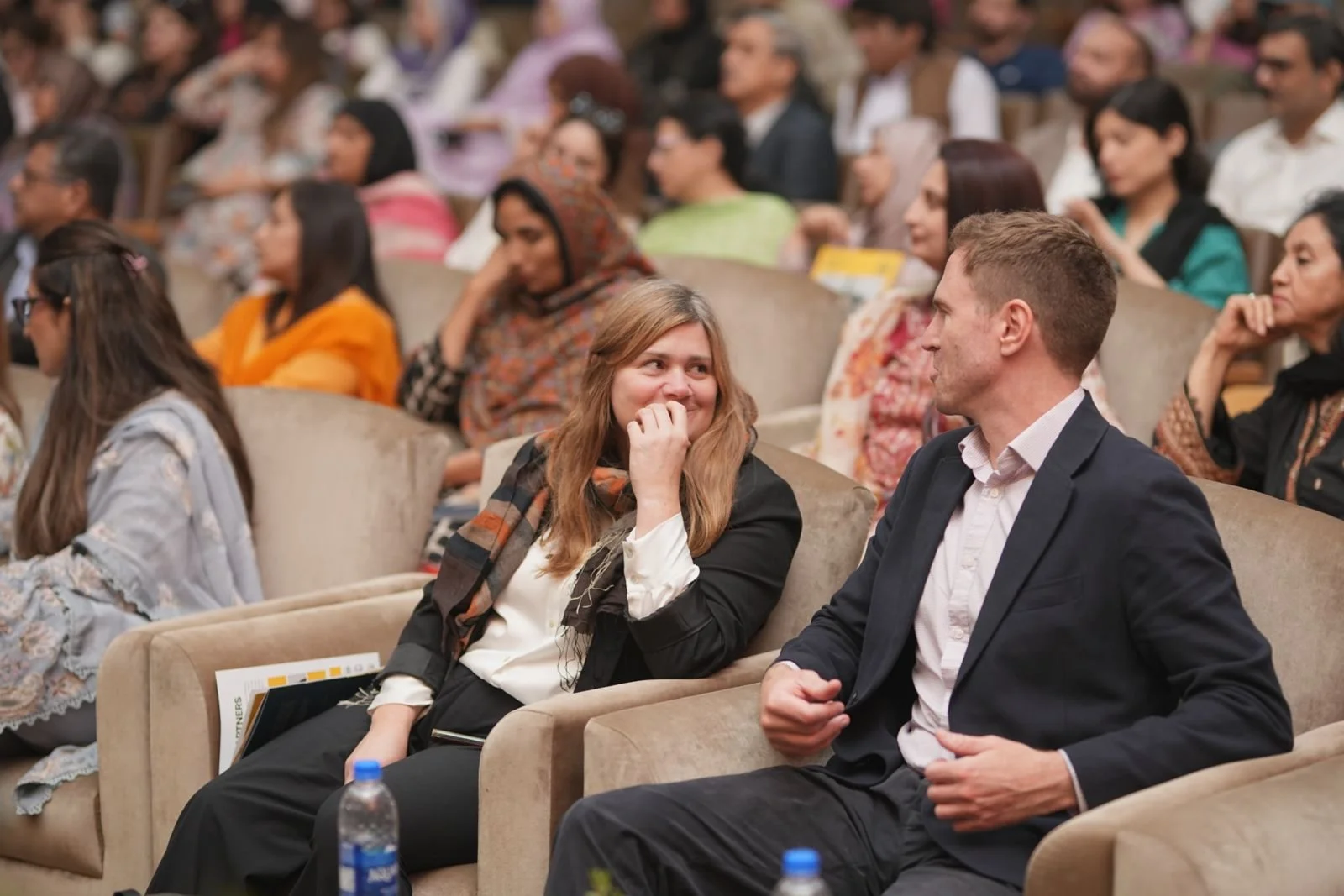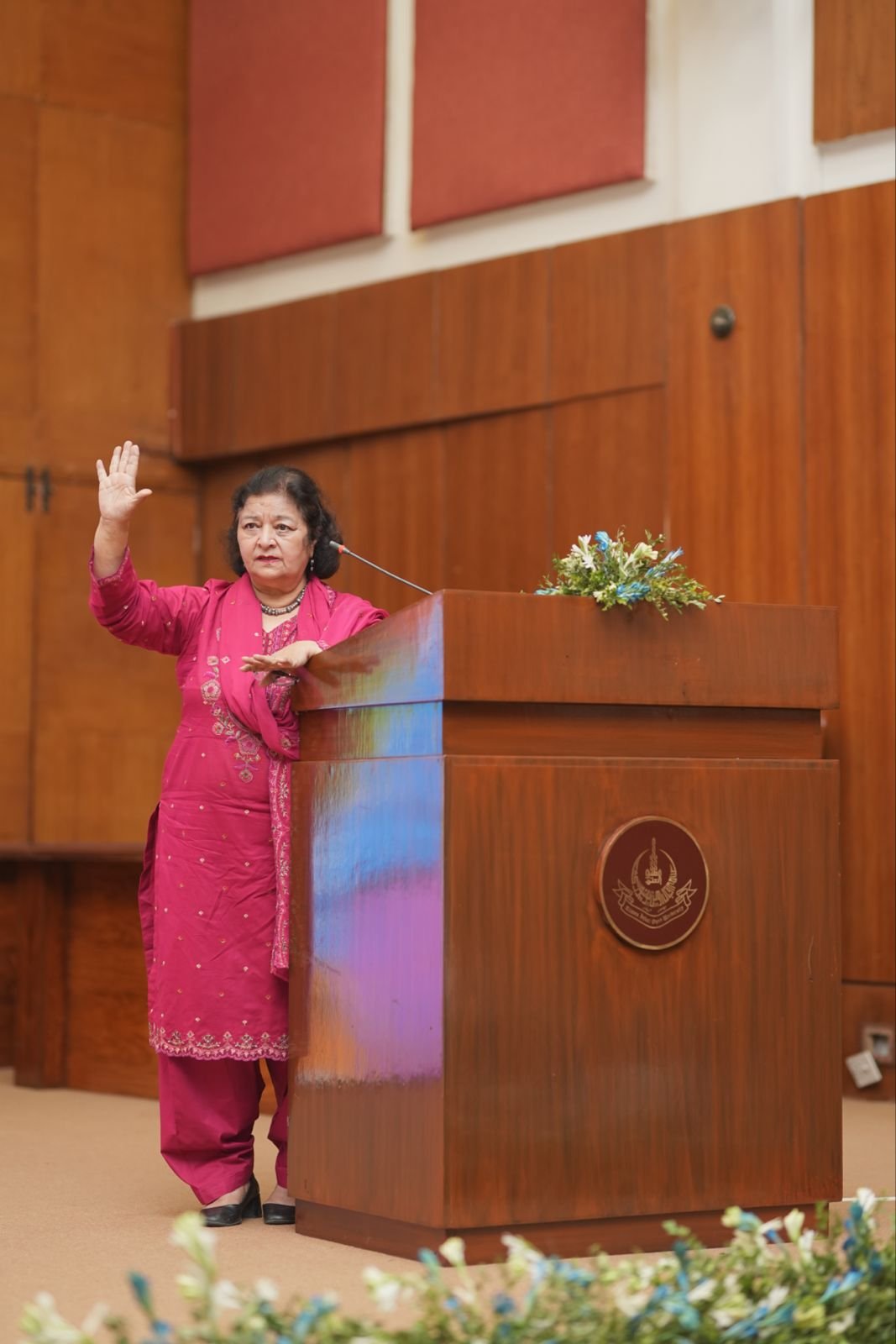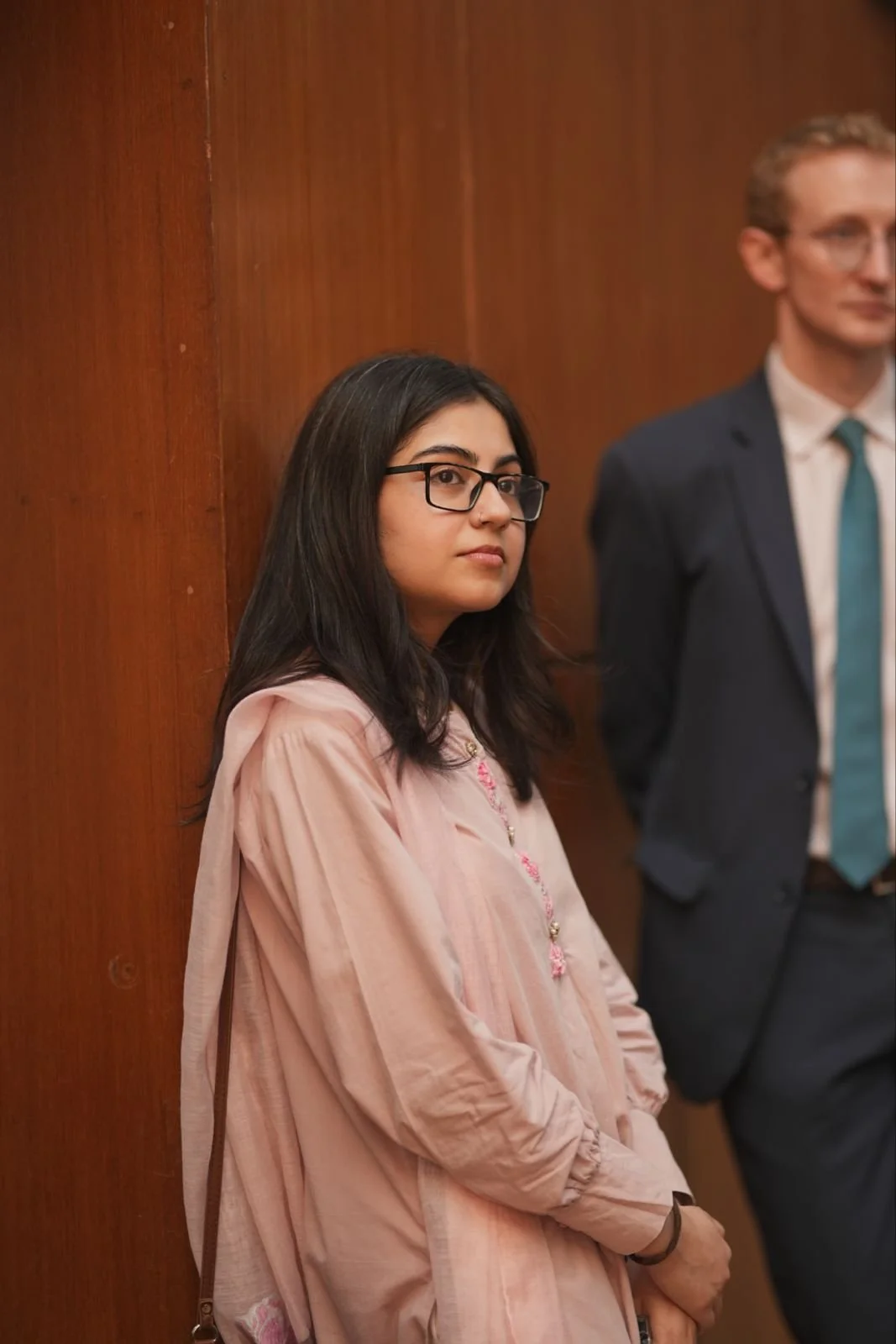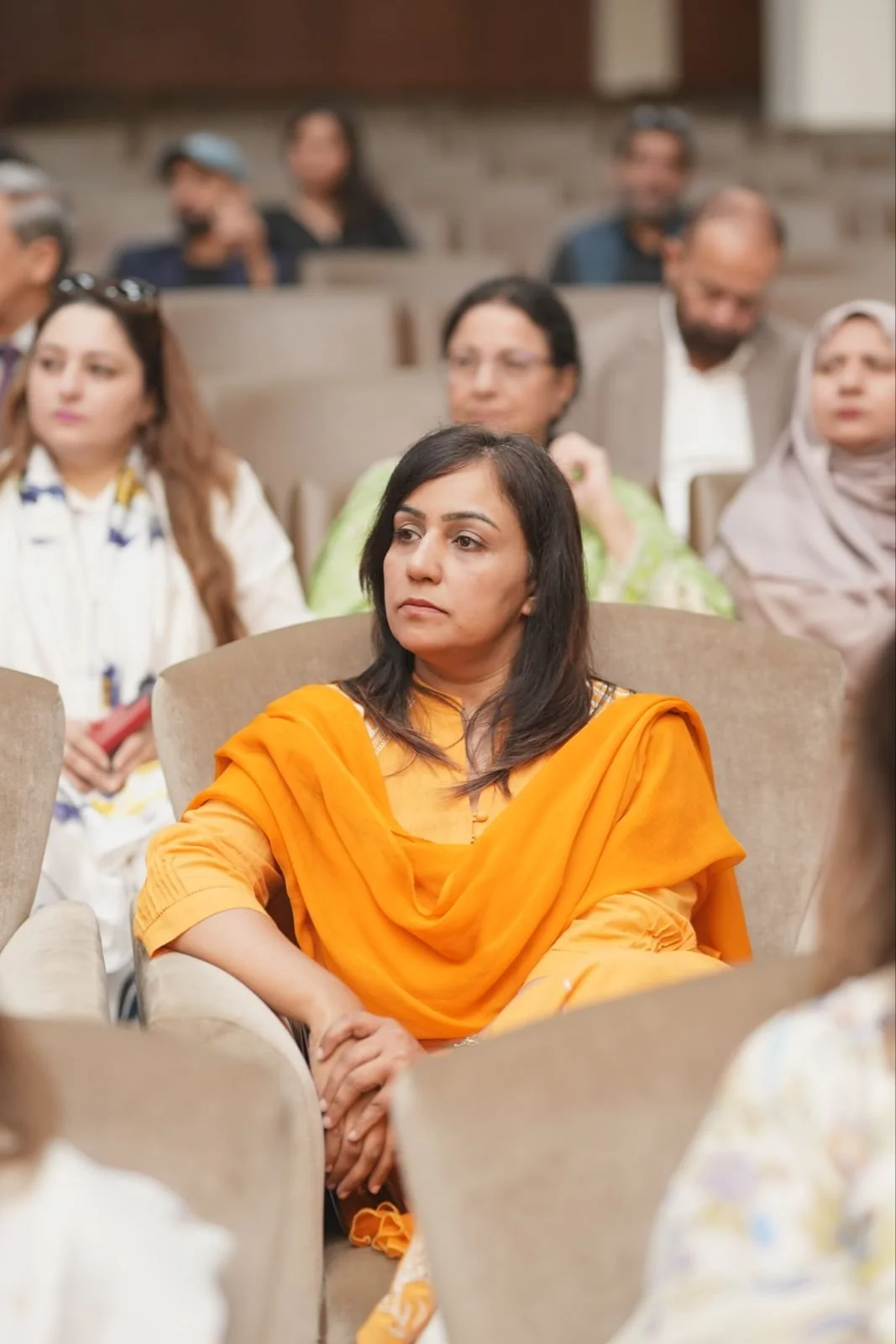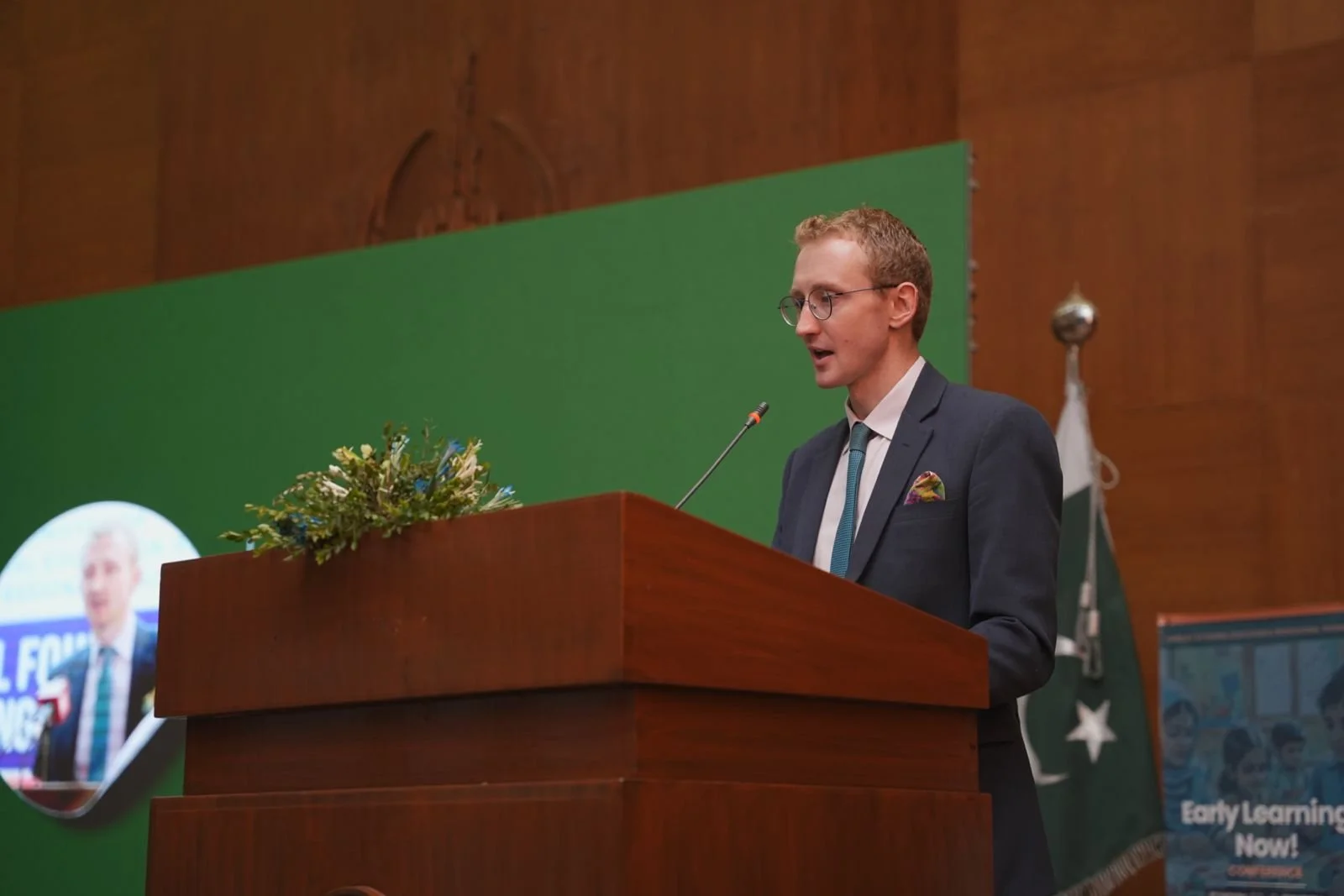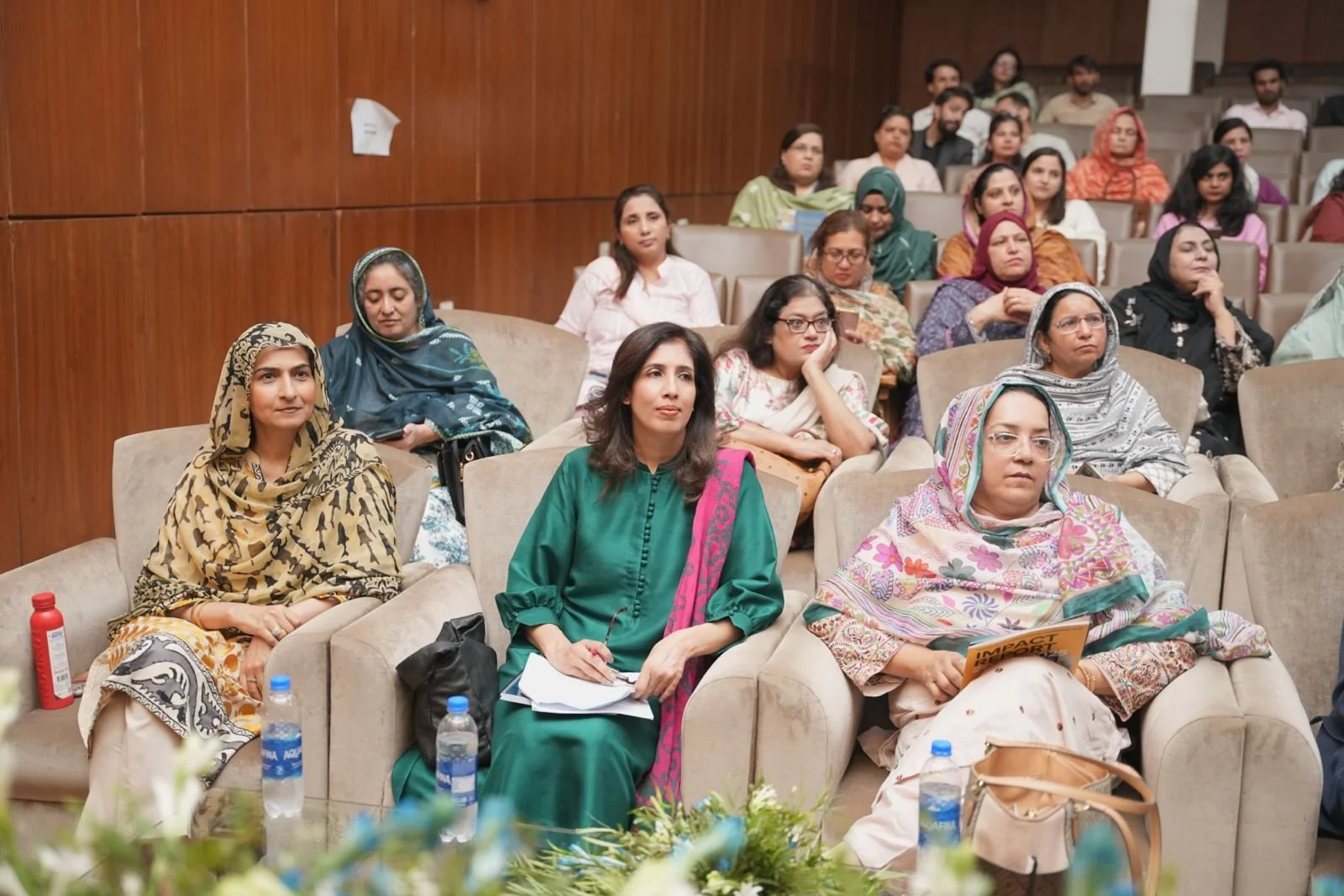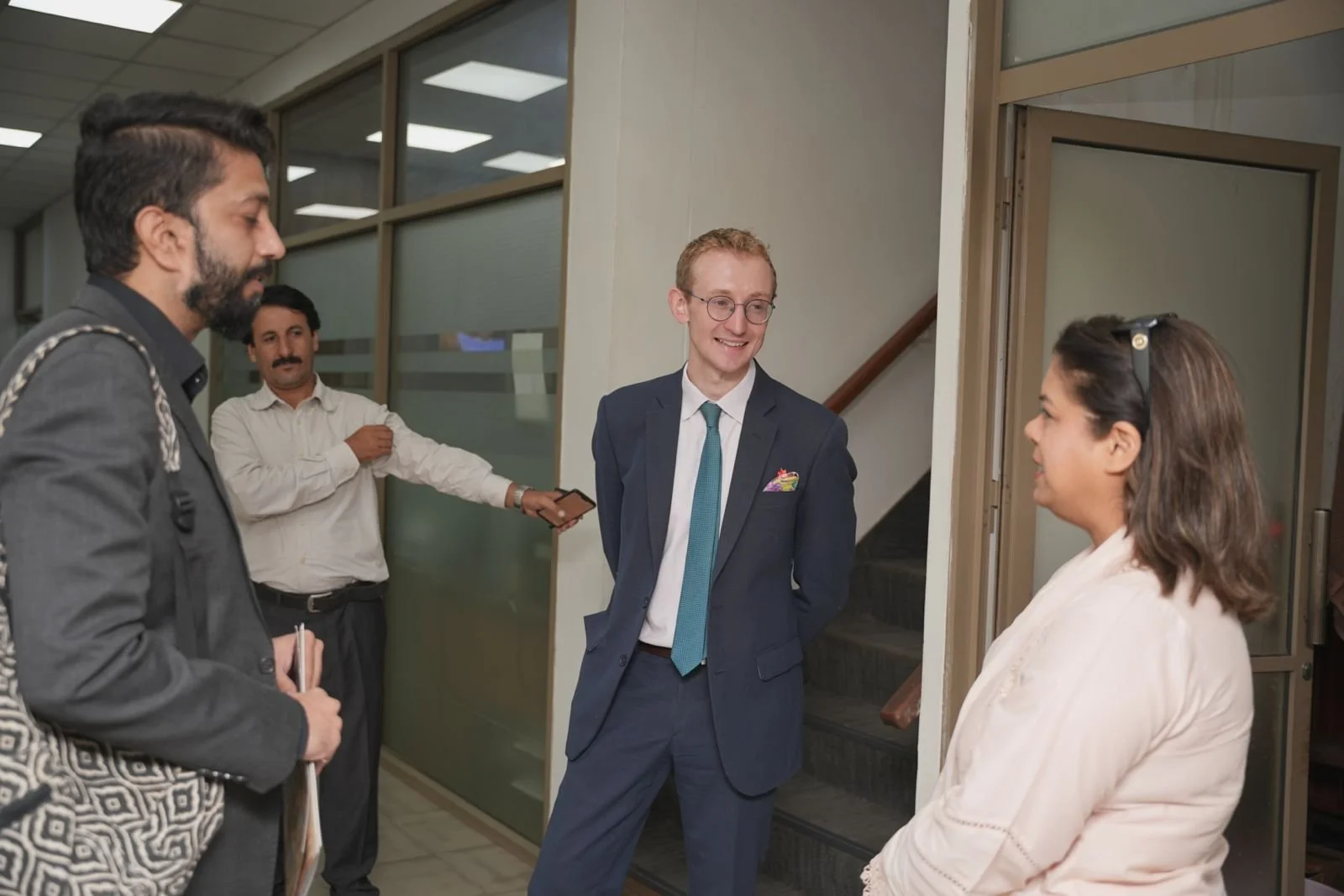Out Now: ‘Starting Early: MoFEPT 100 Early Childhood Centres Evaluation Report’
On September 4th the PFL Hub launched the ‘Starting Early’ report exploring the MoFEPT’s 100 ECE Centres across Islamabad. The report and summary are now available to read below:
Starting Early: MoFEPT 100 Early Childhood Centres Evaluation Report
Full Report
Starting Early: MoFEPT 100 Early Childhood Centres Evaluation Report
Summary
Why focus on early childhood education?
The early years are fundamental to a child’s development. 90% of a child’s brain develops before the age of five, making early childhood education (ECE) critical to their physical, cognitive and social progress. As global evidence tells us, from a policy perspective this makes investments in early childhood some of the most cost-effective in education.
But children at this age have specific needs that have implications for the education they require. They learn through play, and are highly sensitive to interactions with their environment, teachers and peers. Children learn to collaborate, manage time or tasks - skills that underpin future learning, and these require age-appropriate teaching and learning methods and environments to nurture.
What is the state of ECE in Pakistan?
Pakistan is a young country: 47% of the population is under 18, 16% are under five. Early childhood education has seen an increasing focus in Pakistan, with several provinces developing ECE policies and making ECE a part of sector plans (see, for example, the Sindh ECCE & Foundational Learning Policy 2024). Yet Pakistan’s learning crisis - four in five children cannot read by age 10 - begins early, with children behind before school begins. Two in five children are stunted – their physical and cognitive development largely irreversibly impaired. Foundational learning has wide-ranging social benefits – children with improved foundational mathematics are 50% more likely to stay in school .This makes the role of early childhood education even more important as an environment where children have the chance to develop critical skills they may not otherwise obtain and that will fundamentally affect their future trajectory. Yet despite this, Pakistan provides a minimal budget for early childhood learning, for example spending 5.3% of the education budget on ECE in 2022.
What are the MoFEPT’s 100 ECE Centres?
In a powerful response to these needs, the Ministry of Federal Education and Professional Training established 100 ECE Centres in the Islamabad Capital Territory from 2023 to 2026. These ECE Centres are intended to cater to 6000 children per year for three years, and utilise classrooms in existing urban and rural government primary schools. The project uses the Montessori method, and provides each centre with a Montessori curriculum (tied to Pakistan’s national curriculum), two teachers and one support staff and significant classroom decor, technology and learning materials. The ECE Centres are the first of their kind in the public sector schools of Islamabad and as such represent a significant government innovation in this critical area of education.
What is the ‘Starting Early’ report about?
To assess the effectiveness of this intervention, the Pakistan Foundational Learning Hub has conduct an extensive evaluation of the project using a combination of teacher surveys, focus group discussions, observations of ECE classrooms, management interviews and analysis of existing assessments.
How was the report launched?
The report was launched by the Ministry of Federal Education and Professional Training, in partnership with Pakistan Foundational Learning Hub, on 4th September 2025. Speakers included Wajiha Qamar (Minister of State for Federal Education), Dr. Zainab Salim (Senior Research Associate, PFL Hub), Baela Jamil (CEO ITA), Amara Niazi (Project Director, ECE Centres Project), Amina Batool (host, Associate, PFL Hub) and Sam Wilson (Project Director, PFL Hub). Launch photos can be viewed below.




